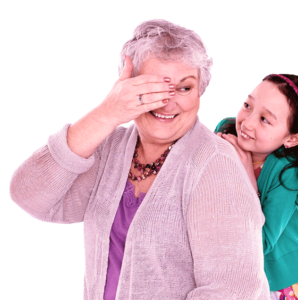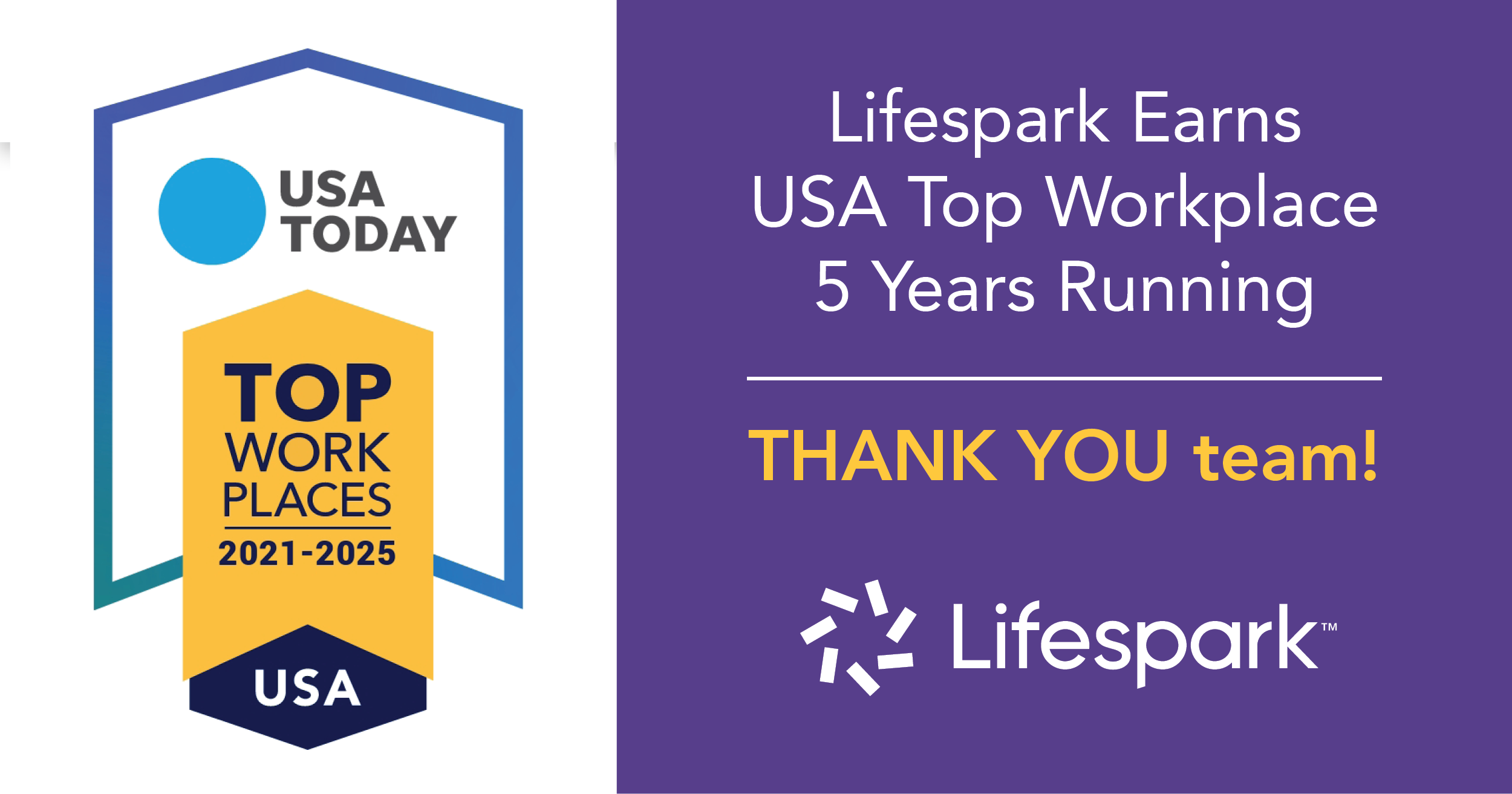
The fear of being alone and getting old is a powerful worry for people in the second half of life. And as our older population grows to unprecedented numbers, there are more people worrying about their future.
They may silently echo the thoughts and fears captured in the Facebook posting about The Forgotten Ones: How will they continue to do the things they enjoy most? Will people ignore them, viewing their contribution to society as less meaningful? Most of all, will they be forgotten?
 These fears are real and unfortunately too many people have this ‘forgotten’ experience. They have lost the spark and purpose of their lives. Not having a spark robs them of control and independence. It can set the roller coaster of health care crisis in motion, or be the end result of crisis after crisis. According to research published in the Archives of Internal Medicine, loneliness affects 1 in 3 people in the second half of life, and shows a strong relationship between loneliness and disability. The researchers add: ‘loneliness may be as an important of a predictor of adverse health outcomes as many traditional medical risk factors.’.
These fears are real and unfortunately too many people have this ‘forgotten’ experience. They have lost the spark and purpose of their lives. Not having a spark robs them of control and independence. It can set the roller coaster of health care crisis in motion, or be the end result of crisis after crisis. According to research published in the Archives of Internal Medicine, loneliness affects 1 in 3 people in the second half of life, and shows a strong relationship between loneliness and disability. The researchers add: ‘loneliness may be as an important of a predictor of adverse health outcomes as many traditional medical risk factors.’.
It is unacceptable to have so many people lonely, in crisis, facing repeated re-hospitalizations. At Lifespark, we developed our Lifespark Experience™ model to change the experience for people. Why? Because we all lose when this cycle of crisis and loneliness happens – we lose important contributions that can be made by some of our most wise and experienced community members, we lose vitality in our communities, we strain resources and we lose our individual quality of life. At Lifespark, we believe we need to focus our efforts on sparking lives and helping people build a pathway to what is most meaningful in their lives, across all 7 elements of living well. When we do that, they are able to live with purpose and passion; they are able to re-ignite their spark.
It starts with discovery – what is most important to you and what are your priorities? Once you do that, you can begin to create a plan that helps you achieve that goal, looking at what may interfere with your efforts. We have many stories that show when we change the approach and start by looking at what is most important to people, we’re able to help people build a pathway to living a sparked life at any age.
What’s the spark in your life? What will it take to achieve it? What gets in the way now, or what do you think will get in the way in the future? It’s the unknown we fear, the idea we could be alone or forgotten. Lifespark’s model is changing that, giving you reasons and opportunities to Shine On! How will you spend it?



